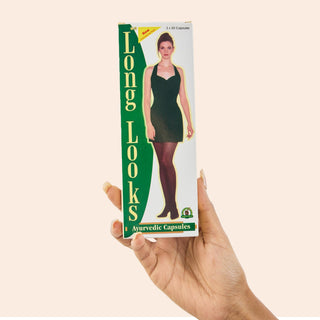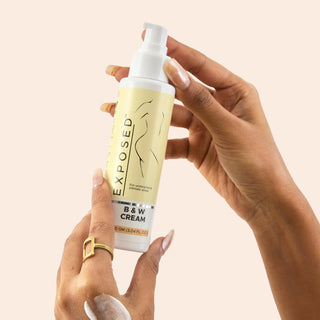A hot cup of tea can soothe the body, mind, and soul. But do you know that it can benefit your locks as well? Produced from the Camellia sinensis plant leaves, black tea has recently become a widely appreciated ingredient in hair care products. It’s also popular in home remedies, such as tea rinses for dry, damaged, and thin hair.
Tea water contains a high concentration of tannins that helps neutralize cell-damaging compounds and boost color temporarily to reduce the appearance of gray hairs. But before you add a tea rinse to your hair care regimen, it’s good to find out whether tea water is safe for your hair type or comprises any side effects. Scroll down and get ready to take notes.
Is Tea Water Safe for All Hair Types?
Packed with nutrients and antioxidants, tea water is an effective solution for hair growth. It can easily penetrate the hair’s follicles and deliver a reinvigorating charge. Moreover, the caffeine in black tea also helps block DHT, which has been identified as the primary rationale behind hair loss.
But while tea rinses offer impressive benefits, people often ask if this home remedy is safe for all hair types. So, before you get tempted by its long list of advantages, let’s first elaborate on its safety and see if the tea water is ideal for your locks.
Speaking of hair type considerations, anyone with dry, thin, or dull hair can consider tea rinses. This at-home remedy also benefits those with irritated scalp or dandruff. However, keep in mind that you shouldn’t overdo it, especially if your strands are leaned toward either extreme of the hair porosity spectrum. Keeping tea water on high-porosity and low-porosity hair may dry out locks even further.
In addition, tea water might not work well for those with blonde, red, white, light brown, or other lighter hair colors. Also, those with sensitive scalps must avoid this home remedy, as it might leave an itchy sensation afterward and invoke allergies.
Apply black tea only after cleansing your locks with a dermatologically-tested shampoo like Instant Veda Tea Water Hair Shampoo. It is suitable for all hair types and is free from artificial preservatives, colors, sulfates, and paraben.
Once done, spray enough tea on your scalp and into your hair. Massage it in and leave for an hour (not more than that). Rinse it and follow up with a deep conditioner.
Tea Water for Hair: 3 Side-Effects to Consider
While applying tea water to your hair and scalp is considered safe in most cases, this remedy comes with certain drawbacks. Hence, doing a skin patch test before applying it directly to your scalp is suggested to ensure that you aren’t sensitive to this hair care ingredient.
The key side effects of using tea water for hair are mentioned below. Take a closer look, and decide accordingly.
It’s not hidden that tea water has staining properties, making it popular among those with black, dark brown, or chestnut hair. But while it acts as a natural hair dye, its results are temporary and not satisfying. Covering gray hairs with tea rinses is challenging even after several months.
Moreover, applying black tea only to gray hair is almost impossible. That’s why, if you want to cover your grays, you must have to apply tea water to your whole head and let it settle on your locks.
The next common disadvantage of using tea water on your tresses is that it could induce allergies and might not be a good choice for those with sensitive scalps. If not applied accurately, black tea can lead to allergies in certain people and does more harm than good.
Hence, if you are new to this home remedy and have no idea whether you are allergic to black tea or not, do a patch test before applying it to your hair.
Although this at-home remedy supports scalp health, it may dry your scalp, resulting in dry, damaged hair if used frequently. Tea water contains caffeine and has astringent properties.
While it helps the oil to dissolve or reduce, its prolonged use to control sebum production on your scalp may unleash other health consequences on your hair. Hence, avoid using tea water more than once a week; otherwise, it can make the hair dry and brittle.
Summing Up
Tea water contains caffeine and antioxidants that are beneficial to hair health. This home remedy has gained immense popularity for promoting hair growth and improving shine and luster.
But beware, because these benefits have another side to them if you don’t use this remedy as directed. Too many tea rinses can make your tresses dry and dull; hence, you should not use this remedy more than once a week. Also, don’t leave the rinse in for more than one hour, and ensure to cleanse it with a deep conditioner for better results.



